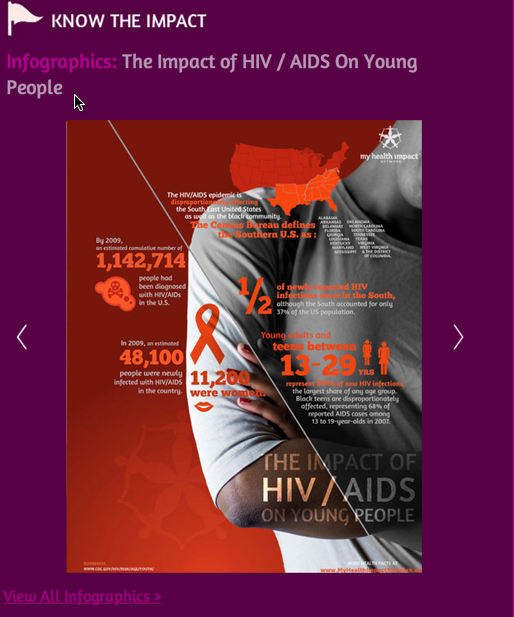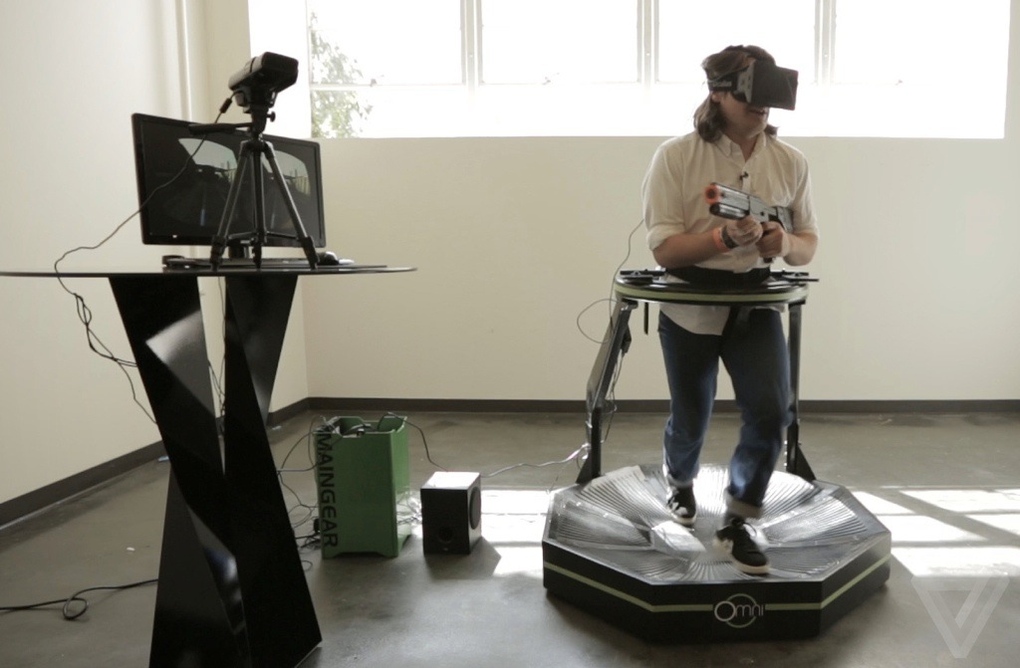myHIN Blog
Category: Stigma Articles

October 07, 2014
Ignorance to Domestic Violence
Growing up I never actually seen a woman beaten in front of me or even wondered if domestic violence was even a growing issue. If anything, my life has never been directly affected by it and that plays a role on my views on this issue. In no way shape or form am I saying it’s not a problem, but I didn't know it was as big as a problem as it really is. The only instance that I heard of, was in high school when a guy threw his girlfriend on a table. At the time I thought to myself, “who throws people on tables” not “Oh my gosh he is physically abusing his partner”. Looking back, I was foolish not to take the situation more seriously. We all knew something was wrong with that dude before the occurrence happened, but the person (female) didn’t give off signs of abuse.
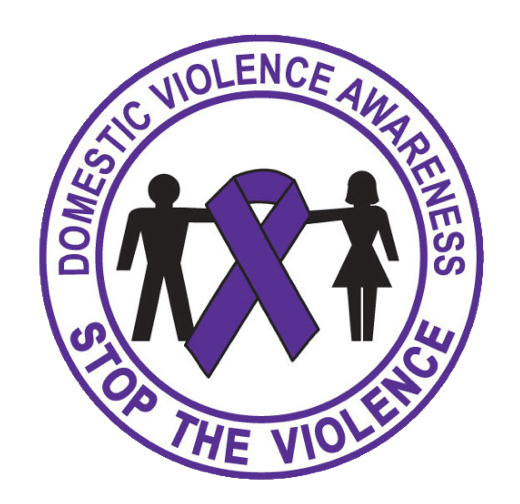
With the sudden headlines of athletes admitting and accusations of domestic violence, male and female, we, as honest folk ,really have to start asking ourselves “How often does this happen?” Maybe I’ve been oblivious to this because I am a male. Maybe its because I just didn’t get out much in my teenage years. One of my friends even called it taboo. It never came up in conversation, and I don’t think people would publicly bring it up. I’ve heard gossip, but none of it was ever confirmed.
To segway back to the athletes, specifically NFL athletes, I do not agree with the current domestic violence punishments issued to players. We live in a world where an athlete smoking weed or even dog fighting holds harsher punishments than domestic violence. Player punishment should not be the main source to shed light on this issue. What happens when the abuser isn’t famous, rich, or even well known? Honestly, I feel like some people just wouldn’t care as much.
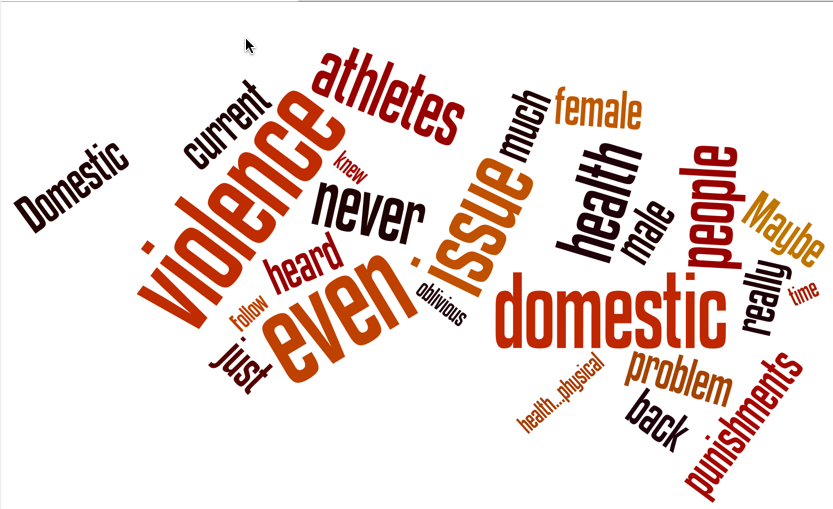
Domestic violence is also a health issue. There is the mental health...physical health...sexual health. Follow @myhealthimpact on Twitter and Tumblr as we discuss current social and cultural issues impacting health.
Share

October 01, 2014
Plight of the BLACK WOMAN
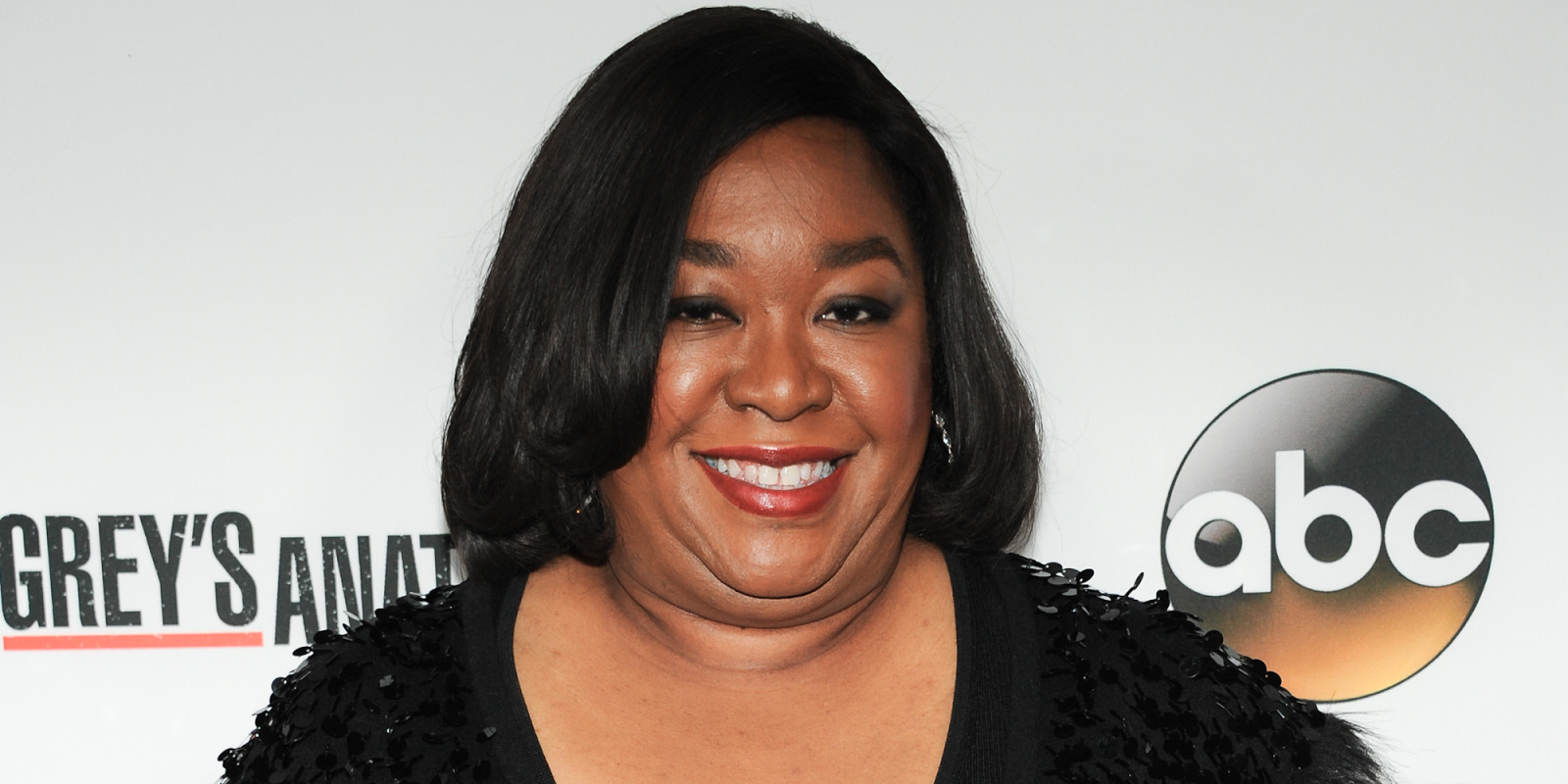
Calling all angry BLACK women! It is now our time to speak up and rejoice in our rage. (That was definitely not serious by the way!) I’m sure by now that most of you have heard about the New York Times article by Alessandra Stanley. Stanley claims to have used intense language as literary devices to pay homage to “angry black woman”, Shonda Rhimes, a renowned African-American screenwriter, director, and producer.
Honestly, I think it’s crazy that the article was even published due to the cultural insensitivity of the editors. This must have been a publicity stunt for the NY Times because the backlash has been incredible. So many actors, actresses, and television personalities have taken to twitter to voice their opinions on the disrespect Rhimes received.
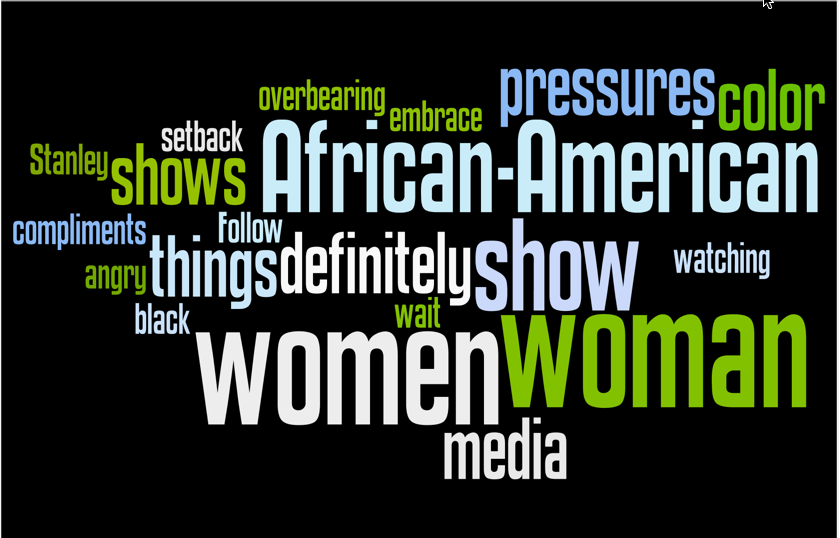
As a woman of color attending a PWI, Predominantly White Institution, I have often found myself trying my hardest not to fulfill all the horrible stereotypes that are associated with what I look like. Being one of the 2 African-American females of the 199 in the PhD Program has bothered me so much that I have gone to extra lengths to blend. For example, I started wearing glasses to look smarter and blend with everyone else in my lab who wore glasses. I felt like I had to make myself look smarter because I looked different from everyone else. I wanted to look like I was intelligent because I feared that they thought I was not. Honestly, sometimes I feel like the more that I advance in my education, the more I feel like I have to diminish the things that make me unique from my counterparts.
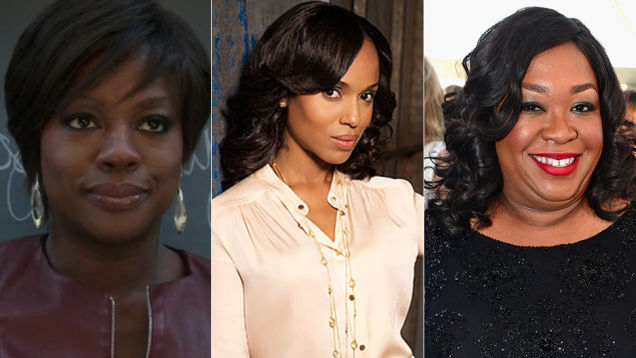
It’s hard enough with the pressures I put on myself; having the pressures of the media reinforcing the stereotypes is definitely overbearing. Television shows such as “Love and Hip Hop” and “The Real Housewives of Atlanta” showcase African-American women in dramatic situations that acknowledged the ‘angry black woman’ stereotype. However, watching shows like “Scandal” encourage me to embrace my authority as a woman of power in today’s culture. I finally have a modern show on TV with a strong African-American woman doing amazing things. The last show I watched liked that was “The Cosby’s”. Clair Huxtable taught me that women of color can actually have careers, have a family, and still be on top of it all. It’s so important to have those depictions of African-American women on television, and I’m glad they are there. The backhanded compliments of Alessandra Stanley were definitely unnecessary, uncalled for, and setback the advancement of women of color in the media. I can’t wait for the highly anticipated show “How to Get Away With Murder” so I can have another example of woman doing AMAZING things.
Follow @myhealthimpact for more on current topics impacting our health.
http://zenpencils.com/comic/161-shonda-rhimes-a-screenwriters-advice/
Share

September 01, 2014
I’m in My Fourth Year… and Just Getting Started!
This month ushered in the start of my fourth year of graduate school. For the first time while in my Ph.D. program, I no longer felt like a young doe -- no tremor in my legs -- as I walked on campus to embark upon another school year. The confidence I now feel and clarity with which I view my objectives are undoubtedly attributable to the experience and knowledge I acquired over the summer. I was afforded the opportunity to work with executives at the Black Entertainment Television (BET) Networks on their youth initiatives during the BET Experience and BET Awards show weekend in Los Angeles. I also launched two web usability studies for the Graduate School at my university. Finally, I put the finishing touches on a thesis and am now shifting my focus to my comprehensive paper and dissertation.
These are exciting times now. Until recently, keeping up with coursework, dealing with a health issues (breast cancer survivor!), managing work/family/life balance, and conducting supervised research have all encompassed my graduate school experience. Now, I am able to craft and develop my own scholarly identity. My research interests focus on youth engagement with new media and digital technologies, the ways it impacts their health, and more specifically their sexual health, behaviors, and development. My incoming interest in the topic solidified through my work with the Pathways to African American Success (PAAS) project, a family-based intervention designed to reduce risk behaviors of rural African American youth.
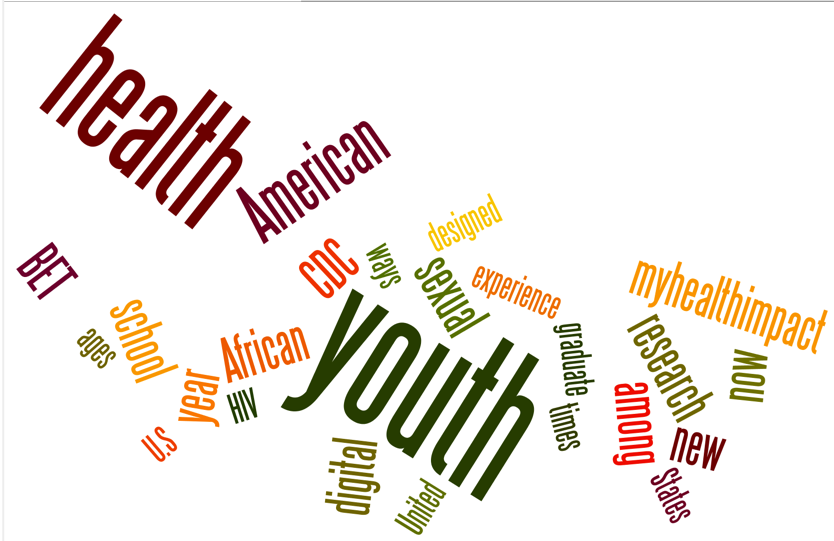
Through my classes, I was able to explore the issue of HIV/STI infection and transmission among youth in the United States, and particularly among African American youth. HIV/ STI among American youth is a major public health problem. In 2010, youth ages 13 to 24 years old constituted one-fourth of all new HIV infections in the United States (U.S. Centers for Disease Control and Prevention [CDC], 2014). Further, the CDC estimates that nearly 60% of HIV-infected youth are not aware of their HIV-status. Similarly, youth ages 15 to 24 years old, who make up 27% of the nation’s population, account for 50% of the 20 million new STIs in the U.S. each year (CDC, 2013). My research and dissertation will consider the ways that youth are formally and traditionally socialized regarding sexual health and risk, and the challenges, threats, and opportunities introduced by the recent rise in digital technology access, utilization, and digital media consumption. Congruent with these foci are the aims of MyHealthImpactNetwork, which involves leveraging technology to promote sexual, mental, and physical health. I look forward to engaging with @drfayonline and the #myHealthImpact organization (@myhealthimpact on Twitter), designed for – and by - college students interested in improving health and reducing health disparities. Fun times ahead… and I’m just getting started!
Magaela Bethune is a Ph.D. student at Vanderbilt University in the Community Research & Action program. Her website (www.magaelabethune.com) features curated content related to youth, technology, and health. Upon graduation, she plans to continue research informing the development of health interventions that leverage digital technology and media for youth.
Share

August 19, 2014
Everyone Dies in the Summer
“Cause everybody dies in the summer
Wanna say ya goodbyes, tell them while it's spring
I heard everybody's dyin' in the summer
So pray to God for a little more spring” – Chance the Rapper
This excerpt is from the song “Paranoia” from Chicago Based rapper, Chance the Rapper. This small excerpt is just a taste of the violence in Chicago. We as the black community recognize some of the black on black violence around particular parts of the nation. Not just Chicago but every urban city where young black men live. I once had a teacher that shared something similar with my seventh grade class. She reminded us on how to stay safe during the summer. We brushed it off as if we needed someone to tell us how to be safe. Going to an inner city high school, I have a good idea on what in school violence looks like. I witnessed theft, violence, and the loss of classmates. After multiple deaths in my high school, I realized what my seventh grade teacher was saying. She was trying to look out for us. She wanted our mentality to be focused on safety and not what we think is safe. No one can predict death, but we can take preventive steps to lessen the likelihood of violence.
Even the recent Eric Garner death has black males questioning our own safety. Continuous harassment WILL push a man to act unconventionally. If you were to watch the Eric Garner video, Mr. Garner is fed up with the constant harassment form the local police department and he finally stands up for himself. Little did we know, it would be the last stand Mr. Garner would take. On August 1, 2014, the official medical examiner ruled Eric Garner’s death a homicide.
But why violence?
It’s not the music that make kids fight; nor is it the food they eat nor the water they drink either. It’s not the cars they drive or they places they work. It’s not the clothes they wear or the look of their hair. Stigma, negative stigma is the cause of the uproar of violence and young deaths. We as young black males are the blame for bad neighborhoods. We are the blame for inner city violence and poverty rates. We are the blame for single mothers with children that repeat the cycle of violence. We are taught that everyone who is not in our same social economical class is the enemy. We put the blame on everyone, but ourselves. I was taught that I was the problem, until I realized it wasn’t me. We must better ourselves by changing our mindset. I was even influenced by several articles I’ve read in the past few weeks. A young black Cornell Graduate student has written articles on his take on race in the United States. I was moved so much by his articles that I emailed him. I essentially said ‘Thank you’ for having an open mind approach to the ongoing problem about race. The article was in reply of a Time magazine article “Why I’ll Never Apologize for My White Male Privilege”.
I didn’t have a creative segway to this topic, but I came across this song “Treat Me Caucasian” not too long ago; by another Chicago rapper Supa Bwe.
“Come off them-come off them benefits
Untriple all of our sentences, treat me Caucasian
Get me a loan with no sin attached
Give me that privilege, give me that, treat me Caucasian” – Supa Bwe
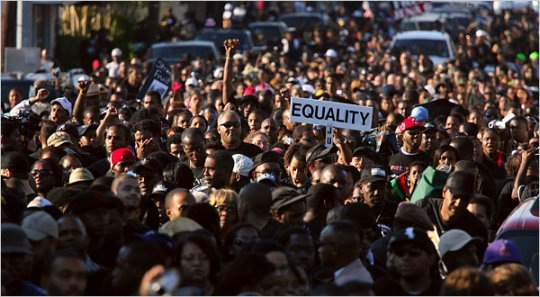
Share

August 07, 2014
The Time Is Almost Here
In two weeks, I will be leaving the state that I’ve called home for twenty-two years to begin my new journey. How do I feel? I can’t even begin to describe the emotions that are going through my head at this very second. All I have in Nashville, TN is an aunt. That’s it! Granted I’m thankful that she is there but as far as everything else… I’ll have to start from scratch.
The Masters of Divinity Program at Vanderbilt University will take three years to complete. In the grand scheme of things, that doesn’t seem that long. My undergraduate career took four years but the time literally flew by! I am grateful to have the opportunity to attend such a prestigious institution…but it’s the adjustment piece that continues to plague my mind.
It takes eight hours to get from Durham, NC to Nashville, TN. This means I can’t just hop in the car and go see my family whenever I want to. Wow. It still hasn’t hit me yet but I think it will once I move. In Nashville, I’ll be an hour behind everyone back at home. I must say that when I went to visit Nashville, I did enjoy being in the central time zone. I felt like I had more time in the day- probably because I wasn’t doing much in the first place besides touring the city. I’m not too keen on cars but now I’ll have to take time to really learn about my vehicle. This is something I should have been doing already- I know. I do have AAA so that actually may come in handy! It still wouldn’t hurt to know about your own vehicle. I’m not looking forward to finding a new barber AND a new church home. I’ve been going to the same barber since middle school. All I had to do was call my barber, tell him I was coming and he would find the time to squeeze me in his schedule. I have been attending the same church for four years. Before that, I was a member at my home church for eighteen years. My church family has truly been my support system in college and throughout life. Leaving both churches will be difficult for me.
When it comes to the divinity school, I will be entering a totally new curriculum. Reading and studying are about to become my new best friends. I know that undergraduate and graduate programs are on two different levels. I’m not expecting it to be easy but then again… I don’t know what exactly to expect- if that makes any sense. Theology is something that I’ve always had an interest in so I’m sure I will enjoy learning new concepts. At the same time, I am grounded in what I believe personally. I realize that everyone who comes to Divinity School may not believe the same way that I do. Some individuals may be Buddhist, Hindu or even atheist. No matter their religious preference, I still have to see them as human beings and understand that they too have a voice.
I heard someone say once that “sometimes you have to go in order to grow”. This journey is definitely going to be a growth process for me but I’m up for the challenge. I’ve come too far to stop now. Besides, I can still see my doctorate within reach after I get my masters. Three degrees before I turn 30 years old- it can happen. Don’t believe it? Just watch.

Share

July 22, 2014
Black America’s Silent Epidemic – Outtake of @OWNTV @Lisaling – Our America
We watched the June 26, 2014 Our America series on OWN. In this series, journalist Lisa Ling covered the HIV epidemic in Black America. Our team watched intently and followed the Twitter hashtag during the show. What would be different about this coverage? How would the Black community be portrayed? Would this be, yet, another depiction of all things wrong in and with the community? How would it reach young people, the millennials?
Here are comments below from the research scholars (millennials) on the MyHealthImpact team and their thoughts on the series. Comments have been shorten for this blog post.
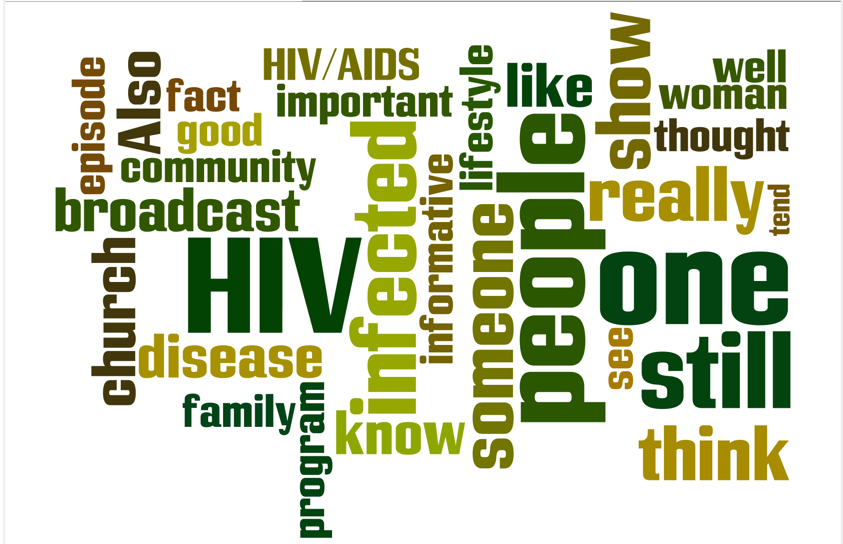
Follow us @myhealthimpact on Twitter. See myhealthimpactnetwork.org for additional content and health information.
Share

July 17, 2014
When Gaming Is Too Real
There’s been a recent spike in in virtual gaming; virtual reality (VR) gaming that is. One of company at the forefront for VR gaming is a company named Oculus VR. Oculus VR’s leading product is the Oculus rift, which has the potential of bringing the world of virtual reality gaming to our very own living room. Oculus rift has received so much positive feedback other company’s such as Avegant gyph, Infinite Eye, and even Sony are already refining their R&D departments for this exploding market. Though a very cool concept what is it actually doing to your brain? Will our brain even be able to decipher between real and virtual?
To understand this, we must understand how virtual reality units like Oculus rift succeed. The rift comes with a headset that fills the user’s range of vision. This essentially means using your peripheral sight as well as determining depth and translating that to natural responses. These natural responses can then create data used to interact with the video game. To create a sense of real time motion a gyroscope and accelerometer are built into the headset collecting data. The user also wears a set of headphones which allows the user to hear everything that happens in gameplay.
The real “magic” of the rift is how it creates a sense of presence in our minds. This sensation is made by our brains prior experience of what of something is and sensory detail of what something’s supposed to do. Omni is another application of virtual gaming, but this takes a more physical approach. Omni essentially allows a player to run, walk, and jump while in their virtual reality experience. The device itself is stationary, but a harness and slick low friction grooved surface allows the player to almost move seamlessly through a virtual reality gaming environment.
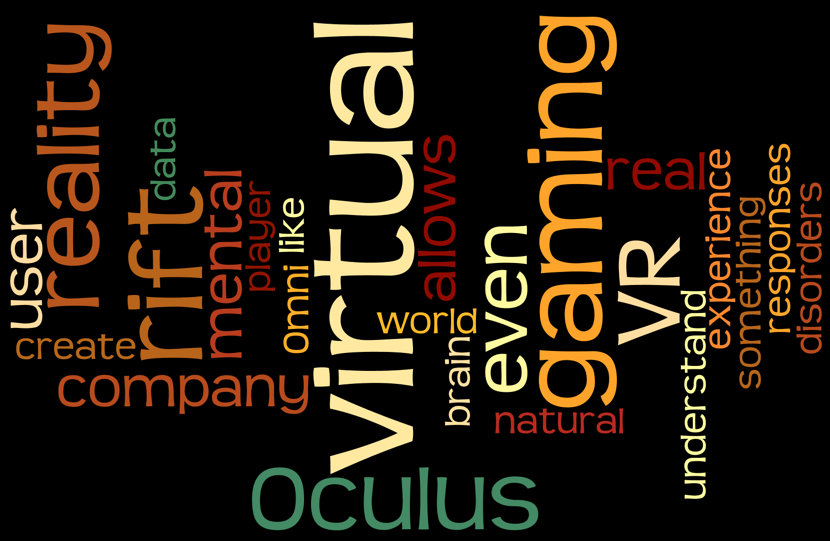
So what’s the problem? Well, nothing at this point. Some are even looking into how devices such as oculus rift have the potential to treat mental disorders like Post Traumatic Stress Disorder (PTSD). VR bring a whole new world of treating mental health disorders or even improve someone’s mental abilities.
Share

June 25, 2014
Here We Are Again
Here we are again. June 27 is National HIV Testing Day. Based on the Centers for Disease Control and Prevention (CDC), over 1 million people in the U.S. are living with HIV. The data are even more pointed – as Blacks/African Americans account for 44% of the population living with HIV.
Michel Martin of National Public Radio (@TellMeMoreNPR) discussed HIV and the Black church during a December 2013 segment. Listening to the segment with the @myhealthimpact research scholars who were, then, undergraduate college students raised many reactions. These reactions are shown below:
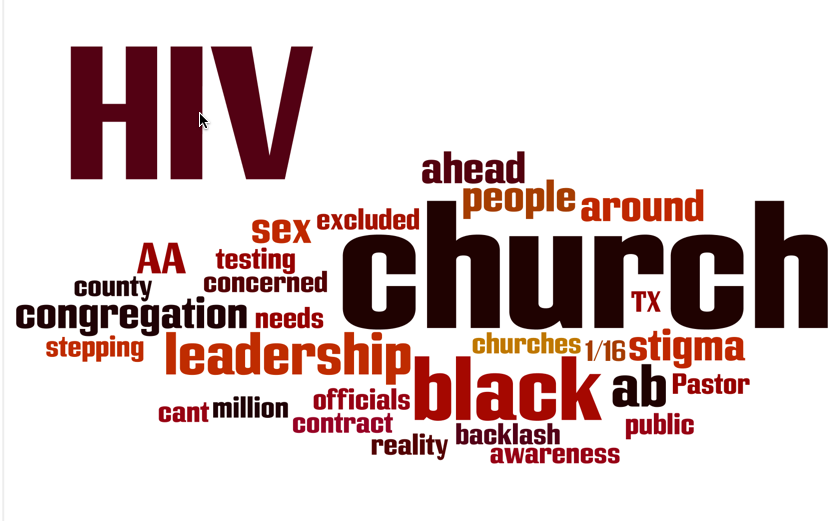
The diagram speaks to the following reactions; some of which were of surprise to the young adults:
- Wow. Half of million!
- My church has never talked about HIV/creates stigma
- Great that this TX pastor (in the NPR segment) is offering HIV testing
- OMG! The ratio of black mean affected with HIV is almost the same of black men in the jail (1/16 and 1/15)
- What IS this stigma surrounding HIV…statistics do not lie because the facts are there!
- Why is the congregation ahead of their leadership—bold statement!
After recently watching the HBO special, The Normal Heart, I asked the team what did they learn? While the special was described as graphic and provided a “visual”, one of scholars offered a few parting words:
“What I learned about HIV awareness has come from this project. We were born in the mid-90s, so the visuals and impact of the virus is not with us. We were not born when Magic made his announcement. The connection is somewhat difficult and missing for us”.
Powerful and even more reason to “Know Your Status”. June 27 is National HIV Testing Day. See the myhealthimpactnetwork.org link to HIV testing centers in your area.
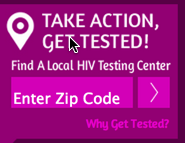
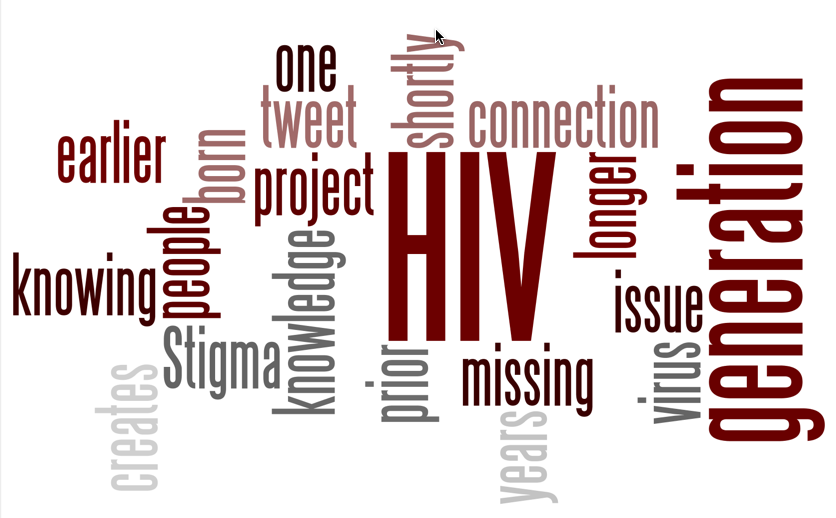
Follow us @myhealthimpact on Twitter and on Tumblr.
Share

June 04, 2014
For Brown Girls
I’ve recently begun blogging and the story of Karyn Washington the creator of ‘For Brown Girls’ caught my eye and captured my heart. Washington reportedly committed suicide at the tender age of 22 after suffering from depression stemming from the loss of her mother. This hit my heart for two reasons. 1. She’s only a year older than me…a college student and 2. She’s a blogger that was interested in empowering and encouraging women to love themselves. These two things are practically I. I’m amazed at the fact that as she still desired to help others and while doing so, she was dealing with her own things.
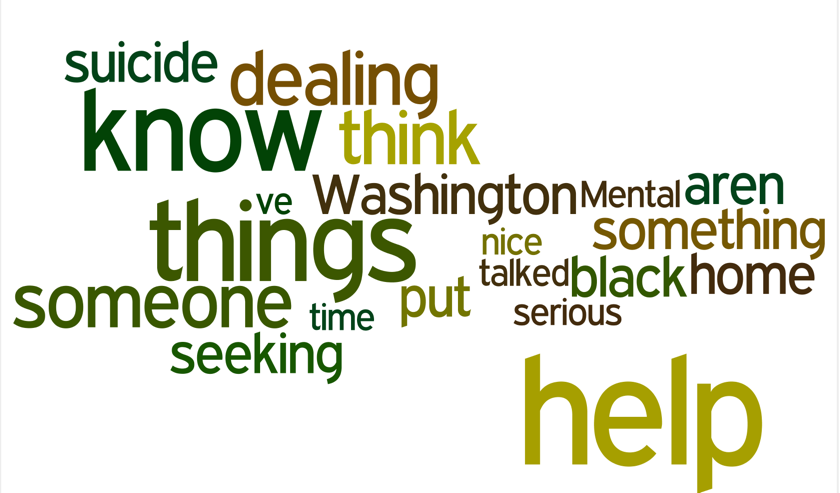
Mental health is something serious. Did you know that depression is a mental illness? Let me make something really clear: you, we, she, he is not exempt. College students are not exempt. We (the black community) always seem to think that some things “aren’t what black people do”. Mental issues, mental health and stability have no face, color, socioeconomic status or background. Depression and suicide are things we deal with right in our own backyards…our own living rooms. We have to know and understand that there is nothing wrong with seeking help. You aren’t crazy for seeking help with coping with the loss of a parent or dealing with suicidal thoughts or even for being sad. Those sad thoughts may be more serious than you think if not tackled. To me and I don’t know how much my opinion counts to you but I truly admire those that are out to better themselves and are worried about their own well-being; self-love. I’ve noticed that the black community…it’s of our culture to believe that what happens in our home, stays in our home and that our issues will not be talked about and ridiculed among complete strangers or the Joneses’. Seeking help is saying I know I’m dealing with some things and recognizing the fact that all things aren’t able to be solved in the comfort of your own home but better on someone’s couch. We, yes WE must kill the stigma placed around seeking help. Did we think that these resources were put into place to hinder? We must kill our prides.
I’m sure committing suicide was the last thing on Karyn Washington’s mind at some point; let’s be real here her purpose was to help, promote self-love and seeing the beauty in which we are. I think it’s fair to say everyone can put on a façade but a façade can only be put on for so long. You never know what people are dealing with. Take the time to say something nice. Take the time to check on someone that you haven’t talked to in awhile. You never know what someone is going through and how much of a positive effect your nice words and thoughtful actions can be of help. Know that it is ok to seek help. Do not allow someone to talk you out of taking care of you.
See @myhealthimpact on Twitter, the web at myhealthimpactnetwork.org and on Tumblr for more information on mental health.
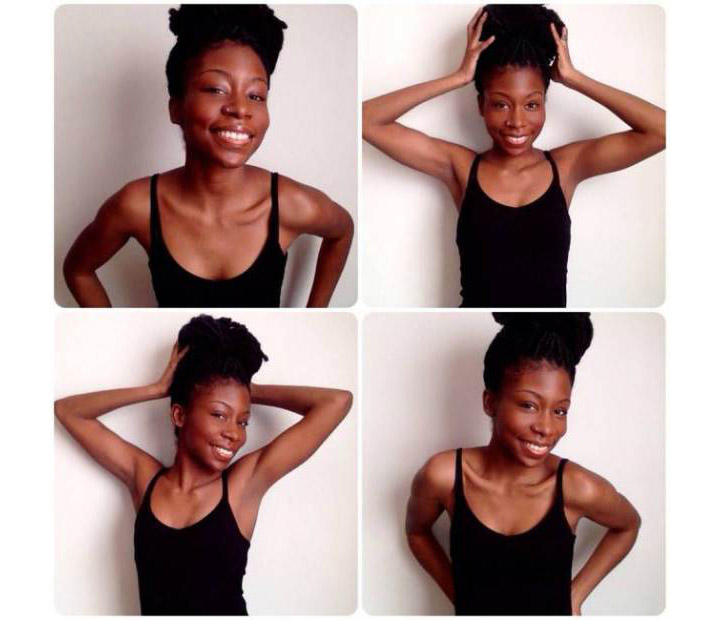
Gone too soon….
Share

May 29, 2014
Black Twitter
Social media is currently dominating our society today. This portable, handheld device called the iPhone has totally changed the way the world communicates. There is almost an app for anything you can think of. For my generation, I would say the most popular apps and social media sites are Facebook, Twitter and Instagram. I want to focus specifically on Twitter.
Who would have imagined that one 140 character message, better known as a “tweet”, would become so popular. Twitter has become a place where people express their thoughts and even discuss their every move. Because this can get a little excessive, users have the option to follow who they desire. Within this twitter world, there are different “communities” per se. These communities are usually based upon the twitter accounts that a user is following. This could range from celebrities, health magazines or musicians. I didn’t realize this before but there is something called “black twitter”. Yes, this does exist.
Black twitter is a virtual community that focuses on the issues surrounding the black community. Black twitter really made its presence during the George Zimmerman trial and the Paula Dean incident. Within this community, there is no limit on when an issue has been discussed for too long. If the topic is of a great concern to the black community, believe that it will be discussed. This could go on for days or even weeks. As a black man, I feel that my people utilize black twitter because that’s where our voices are heard. Sometimes hiding behind a computer screen or a mobile device gives people more freedom to speak what is on their mind without any accountability. This is where we as a people go astray. Needless to say, one’s online presence has the capacity to either hurt or help people in many ways. Employers are now checking twitter sites to see what type of conversation their future employees are having. Even though some argue that twitter is a means of “free speech”, in all reality how free is your speech if you’re being judged by it. I understand that within black twitter, African Americans feel free to voice their concerns. I would just be mindful of what I post on twitter because you never know who may be watching.
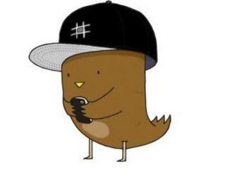
Share
Page 3 of 5 pages < 1 2 3 4 5 >
In Partnership with: Poole College of Management, College of Humanities and Social Sciences, National Science Foundation, Penn State
Take Action, Get Tested: Find Your Local Testing Center Why Get Tested?
